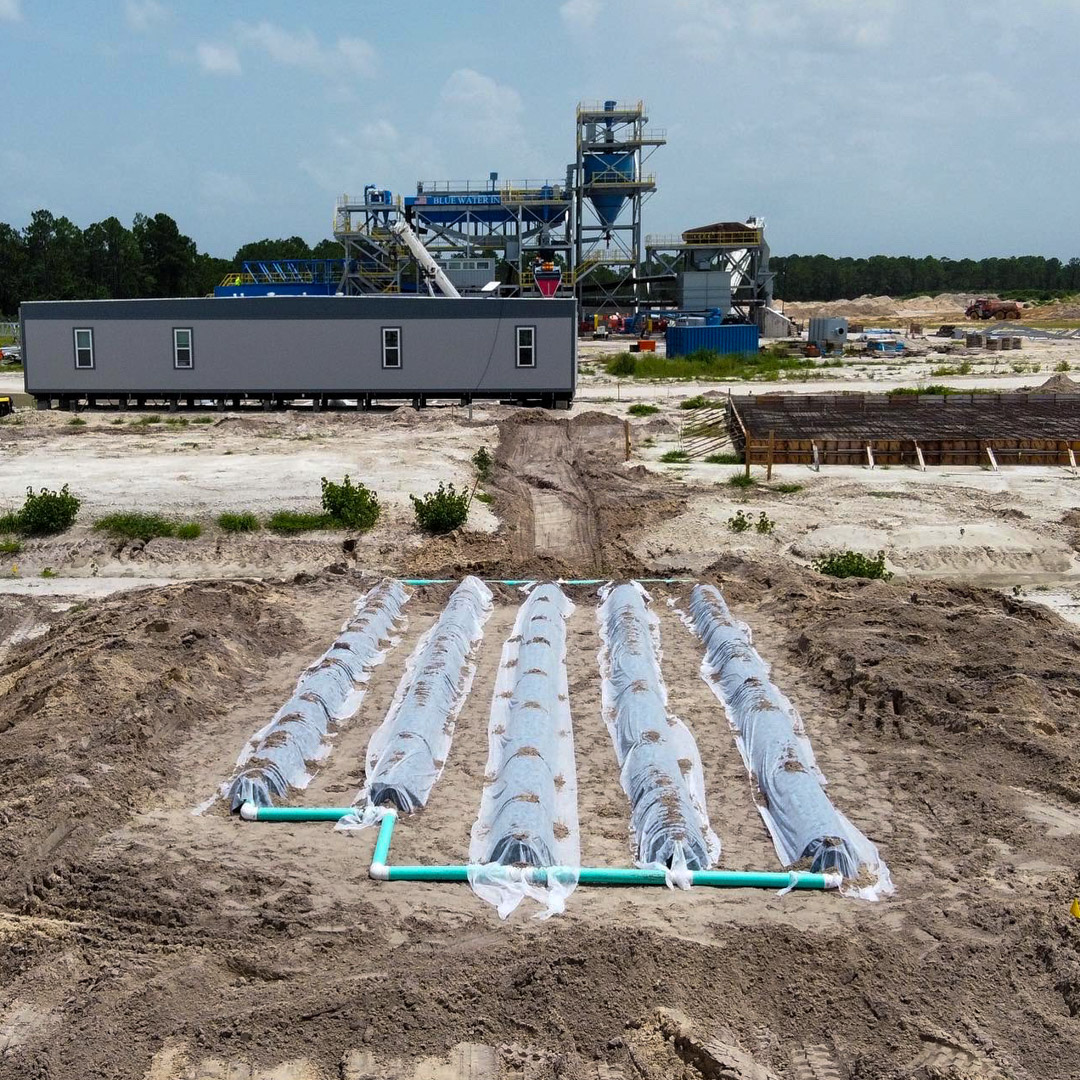How To Maintain Your Commercial Septic System
Commercial and residential septic tanks are much alike, with one major distinction. Commercial septic tanks handle much larger volumes of waste. It may seem to you that a commercial septic tank will be a major cost to your business. Fear not; with the proper maintenance, your septic tank can last for years. So, here is how to maintain your commercial septic system.
 What is a Septic System
What is a Septic System
You may not understand how it works if you don’t have a septic system at home. It’s actually an onsite sewage facility that manages waste from your business. A septic system is made up of two parts-
The Septic Tank
Your septic tank is an underground watertight container that is usually concrete but could also be made from fiberglass or plastic. The septic tank receives the flow of waste from your business. Inside the septic tank, heavier particles settle on the bottom and create a sludge. The lighter particles, such as grease, oil, and fats, will float to the top of the tank. The middle layer of water moves out of the septic tank into a drain field.
The Drain Field
A drain field comprises a series of perforated pipes running through gravel-filled trenches underground. The treated wastewater from the septic tank slowly drains through the perforated pipes. Soil removes harmful bacteria and viruses before wastewater reaches the groundwater.
Maintaining Your Commercial Septic System
Now that you know what a septic system is, here are some tips on keeping it in good working order.
Have Your Commercial Septic System Serviced
This tip makes sense; if a qualified septic service regularly services your septic tank, then you are less likely to have issues such as clogged toilets and sinks that backup. If your commercial septic system handles a high volume of wastewater, you must have it pumped more than once every three years. Six months to a year works best for businesses such as restaurants, office buildings, and hotels.
Don’t Flush Junk
Your company’s toilets aren’t garbage disposals. Make sure that your employees and customers are aware of that fact. Things that may seem flushable that aren’t are items like diapers, wipes, and paper towels. A sign saying “Please only flush toilet paper” over each toilet is your best bet to avoid backups. Of course, not everyone will follow those instructions, so be sure to keep your septic service company’s phone number or email handy.
Install Toilets and Urinals that Use Less Water
Flushing toilets and urinals can account for upwards of 40% of water usage in commercial settings. Installing efficient toilets and urinals can limit water usage and prevent your septic system from being overwhelmed.
Don’t Flush Oil or Grease
This concept goes back to the only flushing toilet paper request. Grease and oil can congeal inside your pipes and drainfield, leading to both needing repairs.

Turn Downspouts Away from Your Septic System
Gallons of rainwater from your commercial building’s downspouts and seeping into the ground over a septic tank or drainfield can oversaturate both. Oversaturation can keep wastewater from being processed and back up into your commercial building.
Don’t Park Cars Over a Drainfield
That empty space next to your building may seem a good place for additional parking, but the drainfield is there and can be damaged. The weight of a car can damage the drainfield, and having grass over it promotes oxygen exchange, which benefits bacteria that break down waste.
Lakeland Septic Can Maintain Your Commercial Septic System
Avoid a backup in your commercial building that costs you both money and customers; get in touch Today. We can inspect and service your commercial septic system so that it becomes an afterthought and you can focus on your core business. If you live in the wider Lakeland or Polk County areas, call us now at 863-738-0504 or fill out our simple contact form. One of our septic experts will be happy to discuss a plan for servicing your commercial septic system.


